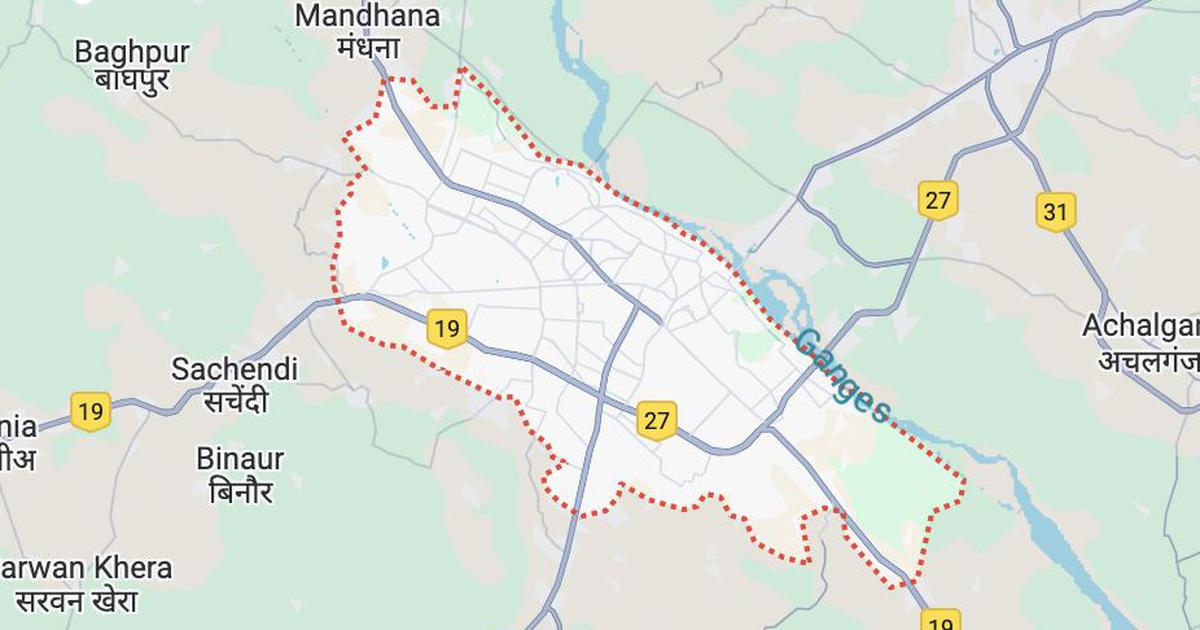It is difficult to overestimate the importance of the confession made by Swami Aseemananda relating to the planning and execution of the bomb blasts in Malegaon (2006 and 2008), on the Samjhauta Express (2006), and in Mecca Masjid (2007) and Ajmer Sharif (2007). What is even more significant is that Aseemananda’s confession was made voluntarily before a magis- trate, after he was kept away from the police, in judicial custody for two days, to ensure that it was not being made under duress. Aseemananda is no ordinary person. He is a Rashtriya Swayamsevak Sangh (RSS) pracharak, head of the RSS-affiliated Vanvasi Kalyan Ashram in Gujarat and he runs a religious centre in the Dangs district of Gujarat. He is powerful enough to have Gujarat Chief Minister Narendra Modi visit him and share the dais with him on frequent occasions.
In his confession, Aseemananda has laid bare the entire conspiracy, and he has named the people involved. His sudden decision to confess voluntarily is melodramatic, and somewhat suspicious. This swami apparently met, in a Hyderabad jail, one among the young boys who were arrested by the police after the Mecca Masjid blast and tortured. This young boy, Abdul Kaleem, im- pressed Aseemananda so much with his behaviour and kindness, that when he came to know that Kaleem spent a year and a half in jail and suffered police “interrogation”, he wanted to repent and thus came his confession. Whatever be the reason, Aseemananda has detailed in a sworn testimony to a magistrate the entire working of RSS-inspired Hindutva terrorism in India. Such a confession before a magistrate has weight in the court of law, but more importantly it gives the investigating authorities the full picture of the entire conspiracy, its execution and the people involved. It, therefore, makes it that much easier for them to find the substantiating evi- dence to charge sheet all those involved and obtain convictions. In sum, Aseemananda’s confession has shown that a large number of terror strikes in India have been the handiwork of Hindutva terror- ists who have close organisational and ideological links with the RSS and its front, the Vishwa Hindu Parishad. The jigsaw puzzle, which was being slowly pieced together by the police of different states, after the stellar investigative work of Hemant Karkare and his team in Maharashtra, has suddenly all fallen into place thanks to this five-hour confession. However, it is hardly a certainty that this confession will lead to convictions and punishment of the guilty. Far less probable is that there will be any serious action against the RSS and its “parivar”, which have now, once again, been shown to be dangerously violent and a threat to the republic. In their actions following each of these cases of terror, most of the police and the other investigative agencies have shown themselves to be thoroughly incompetent, politically compromised and infiltrated by the personnel and ideologies of this very Hindutva brigade.
In each of the cases, where now evidence has been found of the involvement of Hindutva groups, the police had instinctively arrested Muslims and put out elaborate stories about Islamic terrorist groups planning and executing these attacks. Hundreds of young men were arrested, tortured into giving false “confes- sions” and hauled up in courts, which in turn happily carried on with this charade. (The media has emerged no less honourably; it was ever ready to swallow police theories of Islamic funda- mentalists from Bangladesh to Pakistan as masterminds and painted grand theories of syncretic Islam being threatened by these extremists.) Now that we have Aseemananda’s confession, reading those police accounts of how Islamic terrorists executed these attacks shows the extent of the incompetence and duplicity of our men in khaki. To expect them, as an institution, to take the prosecution to a successful conclusion is perhaps asking for too much. In addition to all its innate failings, the law and order machinery may not even receive sufficient political backing from the government, as it takes on India’s principal opposition party’s paterfamilias, the RSS.
The Congress as a party and the government under its dispen- sation have, at best, been indecisive in their approach to Hindutva violence. Congress administrations have been known for their ambivalent and often complicit behaviour when dealing with RSS-inspired anti-Muslim violence, whether it was in Ahmedabad in 1969, Hyderabad in 1978, Meerut in 1987, or the post-Babri masjid demolition riots in Mumbai, Surat and other places. Lastly, it should be remembered that in Andhra Pradesh and Maharashtra, it was the police under Congress or coalition administrations which arrested and tortured innocent men whose only crime was their religion. Given such a track record, it is but obvious that suspicions will remain about the ability of the present governments, both at the centre and in states like Rajasthan, Maharashtra and Andhra Pradesh, to successfully prosecute those named by Aseemananda and, further, to investigate the actual involvement of the RSS and its affiliates in these terror acts.
Within a month of Aseemananda’s confession, the usual play-acting has started. The RSS and its affiliate, the Bharatiya Janata Party (BJP), have denied the charges and attacked the Central Bureau of Investigation for playing Congress politics. They have claimed that the Congress is using this to divert at- tention from corruption and inflation. The media in its stilted attempt to balance the story has downplayed the culpability of the RSS. In any case, this is not the first time that the RSS has been exposed for its violent, communal and destructive politics, and given its deep penetration of social and political institutions, it has managed to come out of such situations in the past too. This battle against the RSS and the world view it represents has to be won politically. Aseemananda’s confession will hopefully disabuse many of those who have come to view the RSS, through its electoral affiliate – the BJP – as a legitimate organisation and expose once again its true character. If popular political pres- sure, combined with media scrutiny and civil society activism, can be sustained, there is a possibility that those guilty of the present round of terror acts may be punished. This itself will be a major achievement.
Finally, we must now ask Prime Minister Manmohan Singh which is the “biggest internal security threat” to the idea of India. Is Maoism, as he often says, a basic threat to India, or, on the basis of the mass of evidence of right wing extremist involvement in terror, can it be Hindutva? Perhaps Congress Party General Secretary Rahul Gandhi shows greater awareness of the reality.
This story was first appeared on epw.in






